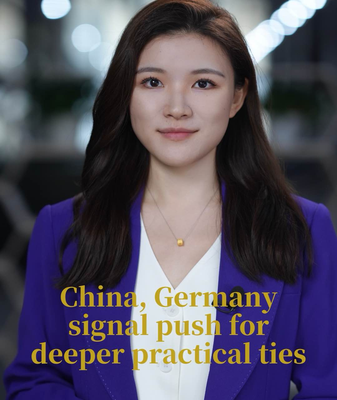
China and Germany Strengthen Economic Ties Amid Global Supply Chain Shifts
China and Germany commit to deepening economic collaboration in 2026, focusing on advanced manufacturing and green tech innovation amid global supply chain transformations.
News & Insights Across Asia

China and Germany commit to deepening economic collaboration in 2026, focusing on advanced manufacturing and green tech innovation amid global supply chain transformations.
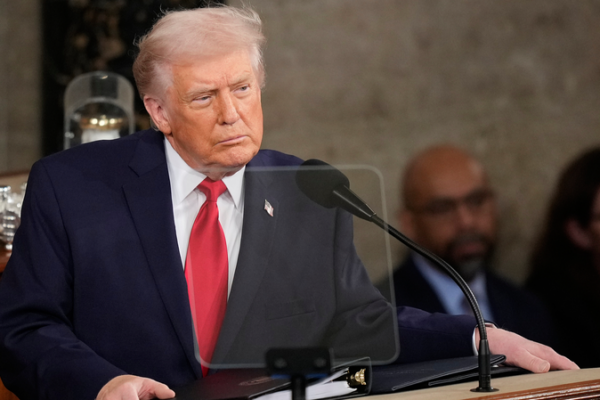
A recent US Supreme Court ruling limits presidential tariff powers, reshaping global trade dynamics and prompting regional economic strategies in Asia and beyond.

German Chancellor Merz warns against economic decoupling from China ahead of key trade mission, emphasizing interdependence and shared opportunities.

Recent high-level exchanges between China and EU members signal evolving economic partnerships and strategic dialogues in key technological sectors.
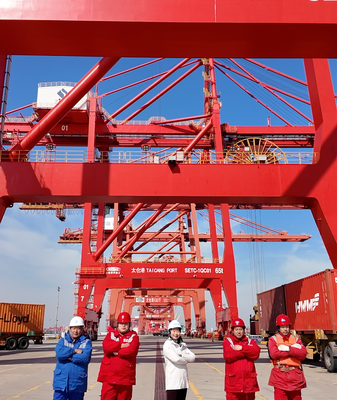
Explore how Taicang Port drives China’s global trade in 2026 through cutting-edge logistics, renewable energy exports, and vital supply chain connections.
Global players compete for Africa’s mineral resources at 2026 Mining Indaba, with Asian markets and downstream processing projects shaping new supply chain dynamics.
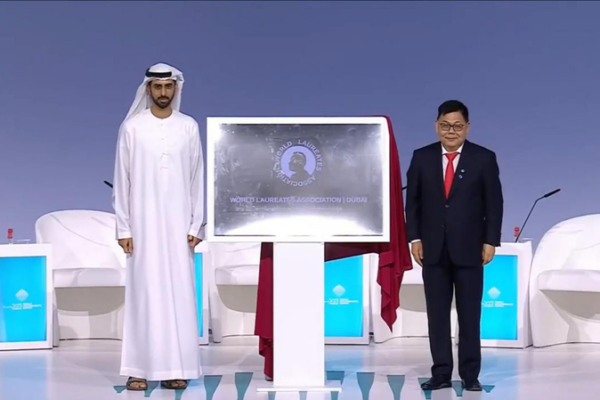
Global leaders convene in Dubai to address governance challenges, with sustainable supply chains and economic resilience taking center stage at the 2026 World Government Summit.
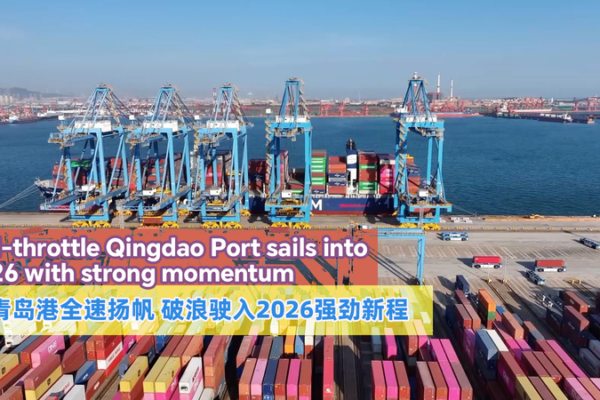
Qingdao Port leverages AI and automation to handle record cargo volumes, strengthening China’s role in global trade networks as 2026 begins.

Experts analyze the global economic ripple effects of US-Venezuela tensions in 2026, exploring impacts on energy markets and supply chain strategies.
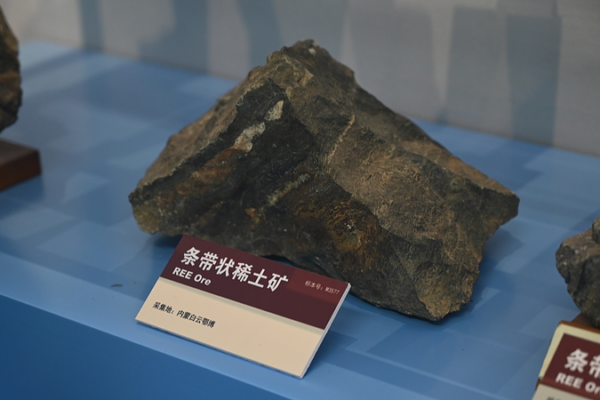
China defends export controls on dual-use items to Japan as lawful, reaffirms commitment to global supply chain stability amid international discussions.
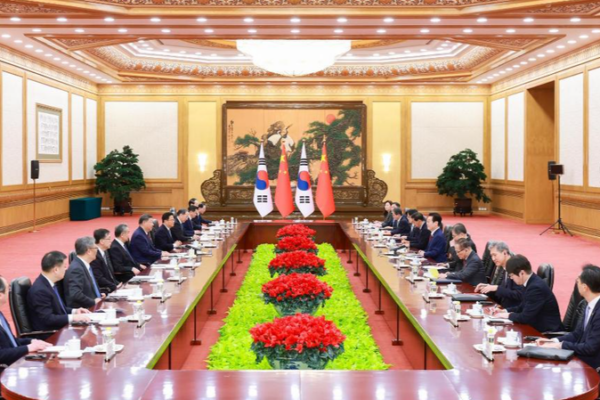
ROK President Lee Jae Myung’s 2026 China visit strengthens economic ties and tech collaboration, building on $328B trade in 2024.

ROK’s largest business delegation since 2019 concludes China visit, forging new high-tech partnerships in semiconductors and advanced manufacturing.
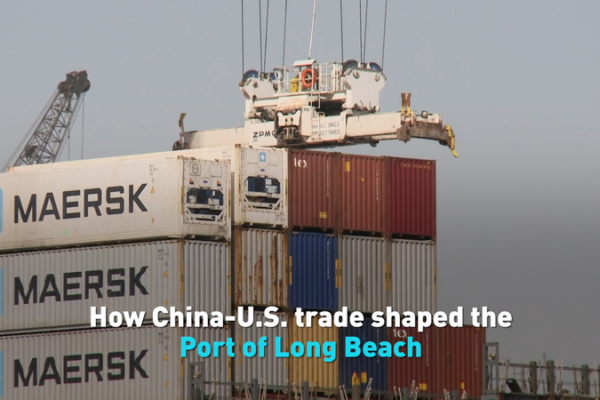
The Port of Long Beach’s evolution into a global trade hub reflects decades of economic interdependence between China and the United States, with 2026 marking new challenges and adaptations.

New NBER study reveals globalization boosts living standards worldwide despite shifting economic balances, challenging zero-sum perceptions of US-China relations.

Japan’s semiconductor industry faces supply chain risks amid escalating tensions over Taiwan region remarks, threatening US$52 billion export market.
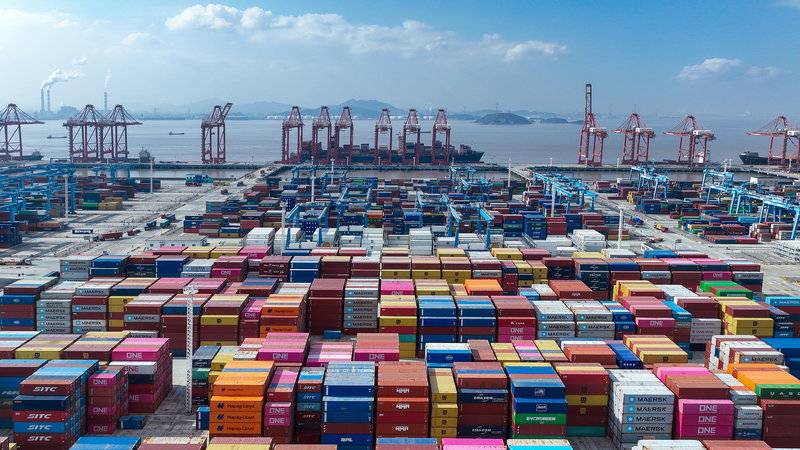
China’s record $1 trillion trade surplus in 2025 reflects global supply chain evolution, offering opportunities for international economic collaboration.
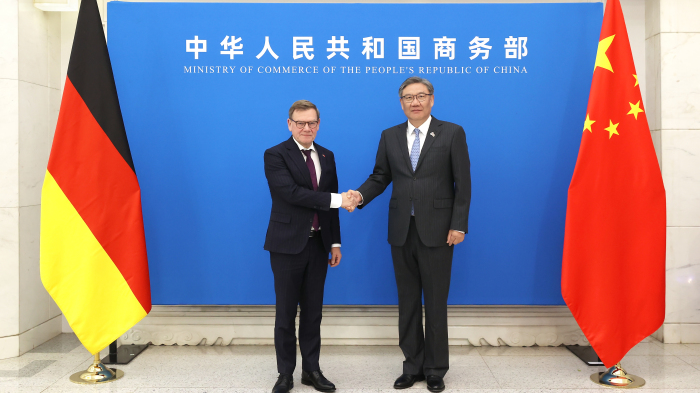
China and Germany commit to bolstering multilateral trade and addressing supply chain challenges during high-level talks in Beijing.

Proposed U.S. port fees on Chinese vessels face criticism as analysts warn of consumer price hikes and limited impact on domestic shipbuilding revival.

U.S. tariffs on Mexico, Canada, and China raise global trade concerns, risking retaliatory measures, disrupting supply chains, and slowing economic growth.

The U.S. imposes new tariffs on Canada, Mexico, and China, raising concerns about global trade tensions and the potential for widespread economic disruption.